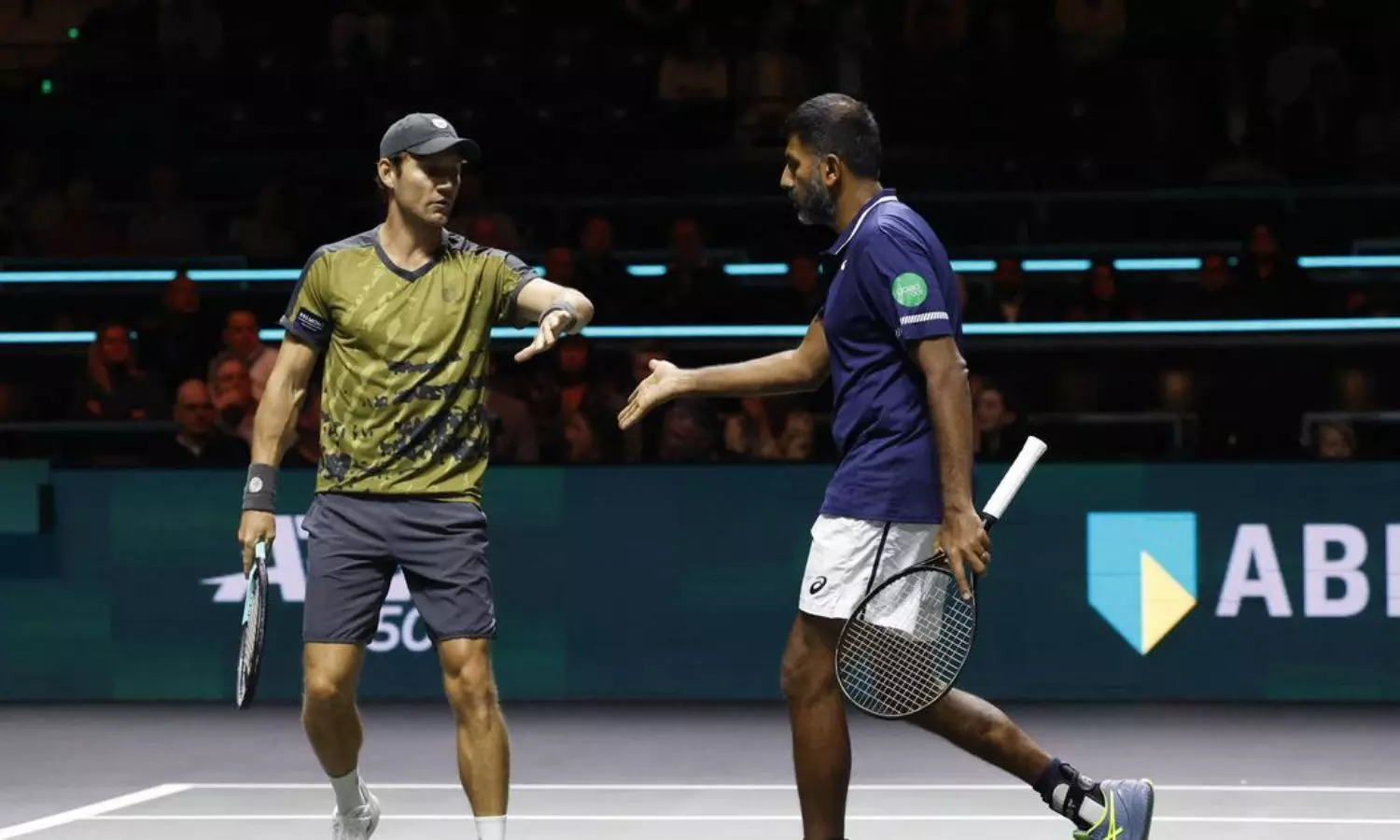Tennis
ATP might introduce a new time regulation rule at the Madrid Masters
Tennis might saw a potential change in the time regulation rule to enhance the pace of the game speed in this sport.

Madrid Masters ATP doubles event will serve as the trial event for this new rule
Tennis might see a potential change in the time regulation rule to enhance the pace of the game and kill the "dead time'. A new 15-second shot clock will be put to trial at the Madrid Masters ATP doubles event later this month.
The trial rule will be presented for approval at the ATP Council this week, which will then be tested out during the men’s doubles at the Madrid Masters, which starts on 22 April.
Rohan Bopanna who clinched Miami masters title last week will be the first Indian to get a feel of the new rule as he will be the lone Indian to take part in this prestigious event.
This latest trial will mean that doubles players in Madrid will have just 15 seconds to start the next point where the previous rally lasted three shots or fewer while the longer rallies will trigger the existing 25-second shot clock.
This 15-second shot clock has been used at ATP events before, specifically at the Next Gen Finals in Saudi Arabia last year. The tournament has become the testing ground for new innovations, which in recent editions have most often been geared towards the speeding up of the game.
The new trial will also involve doubles players being allowed no “sit-down” during the first set of the match, as opposed to the usual break of 90 seconds every two games. Instead, players will be given a limited amount of time to switch ends and start the next game. However, a longer break after the first set to compensate has also been proposed.
The introduction of a visible, on-court shot clock, as opposed to the discretion of the umpire, appears to have actually slowed players down between points, because players now take all the time they can and are able to run the clock down before serving.
The length of men’s singles matches has increased by more than 25 per cent over the last two decades which sometimes hamper the scheduling of the event especially for the broadcasters.
